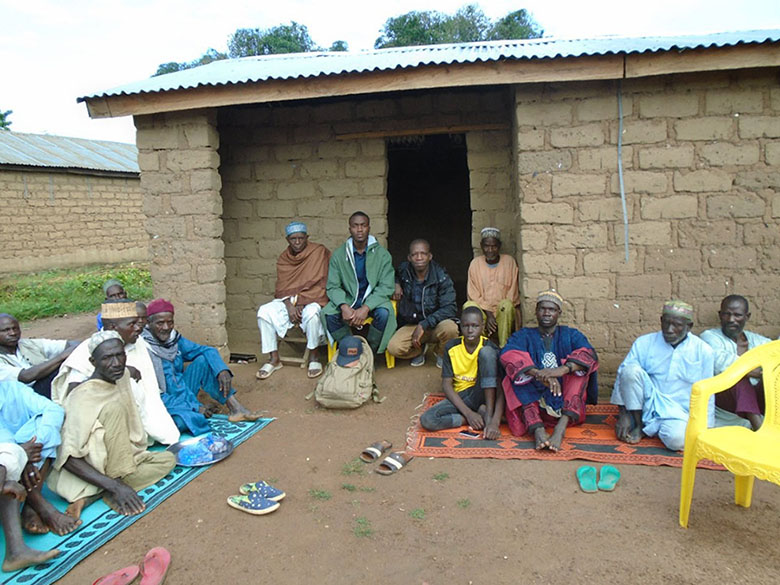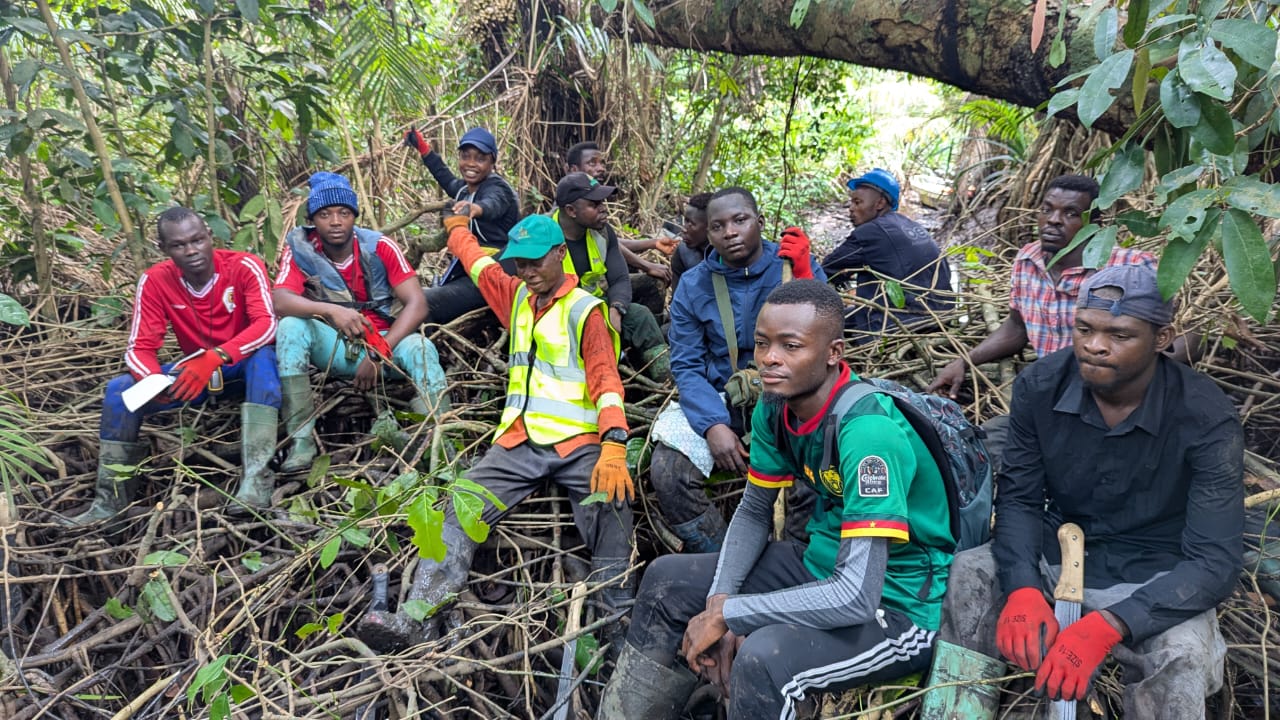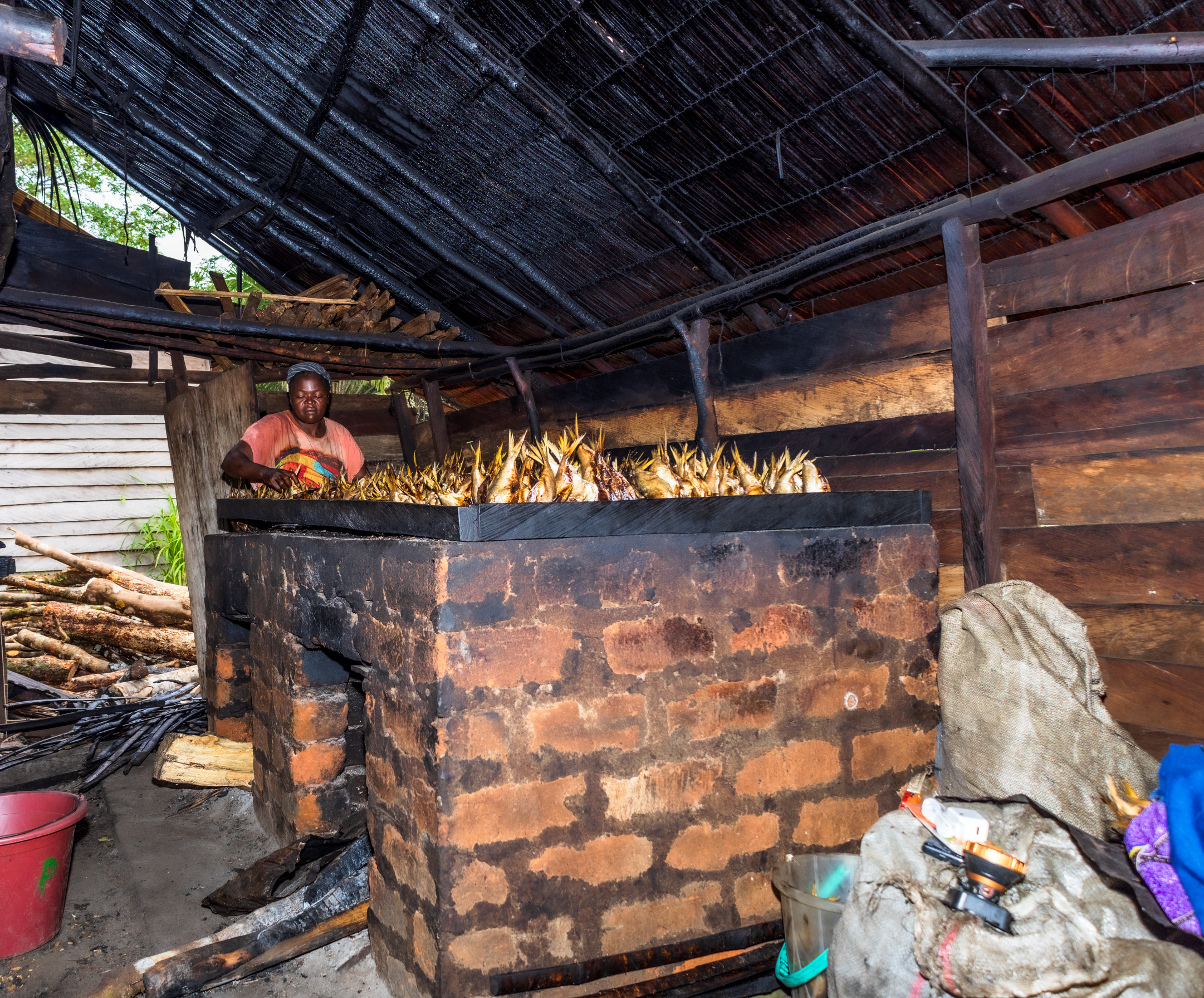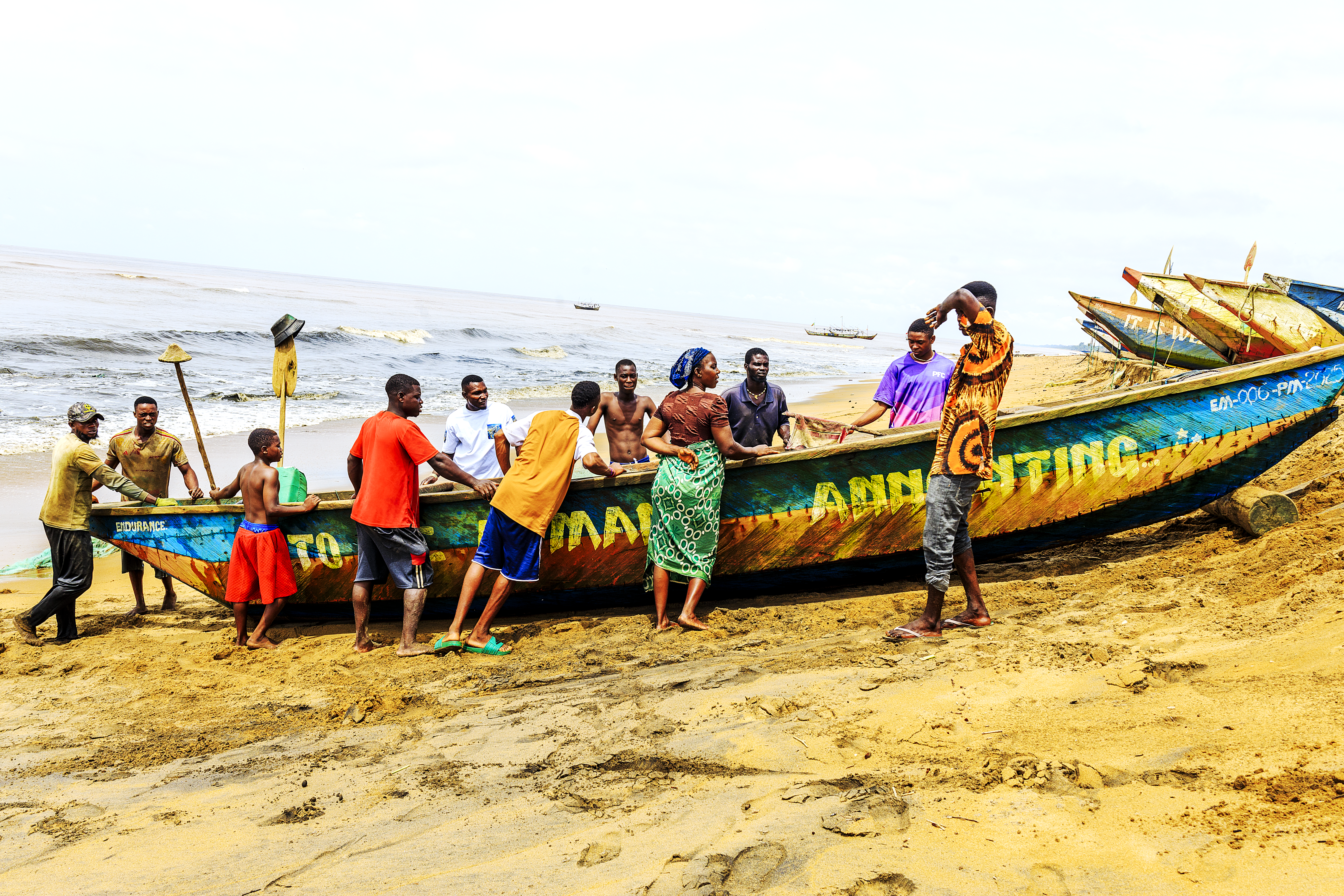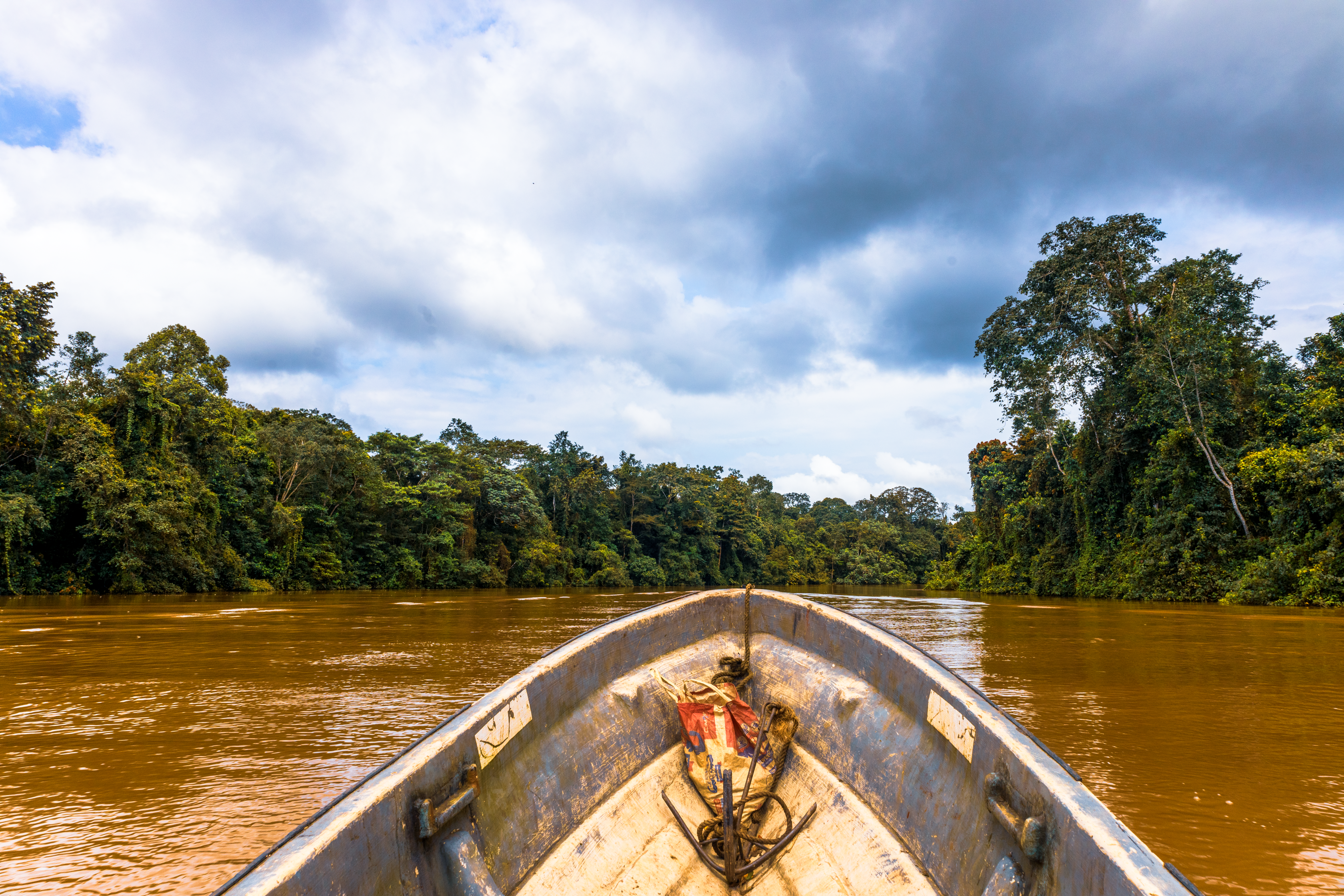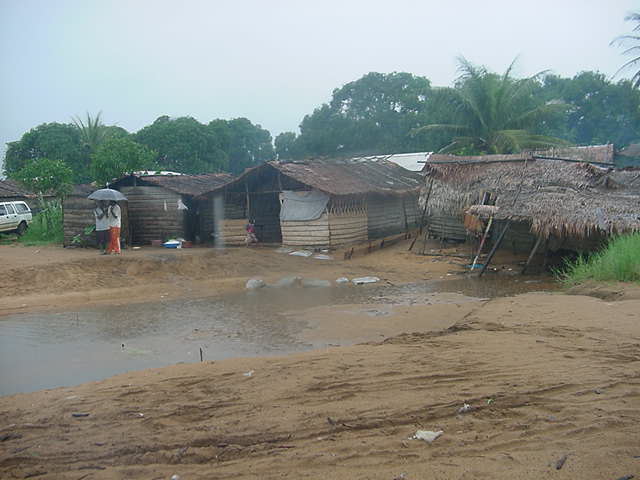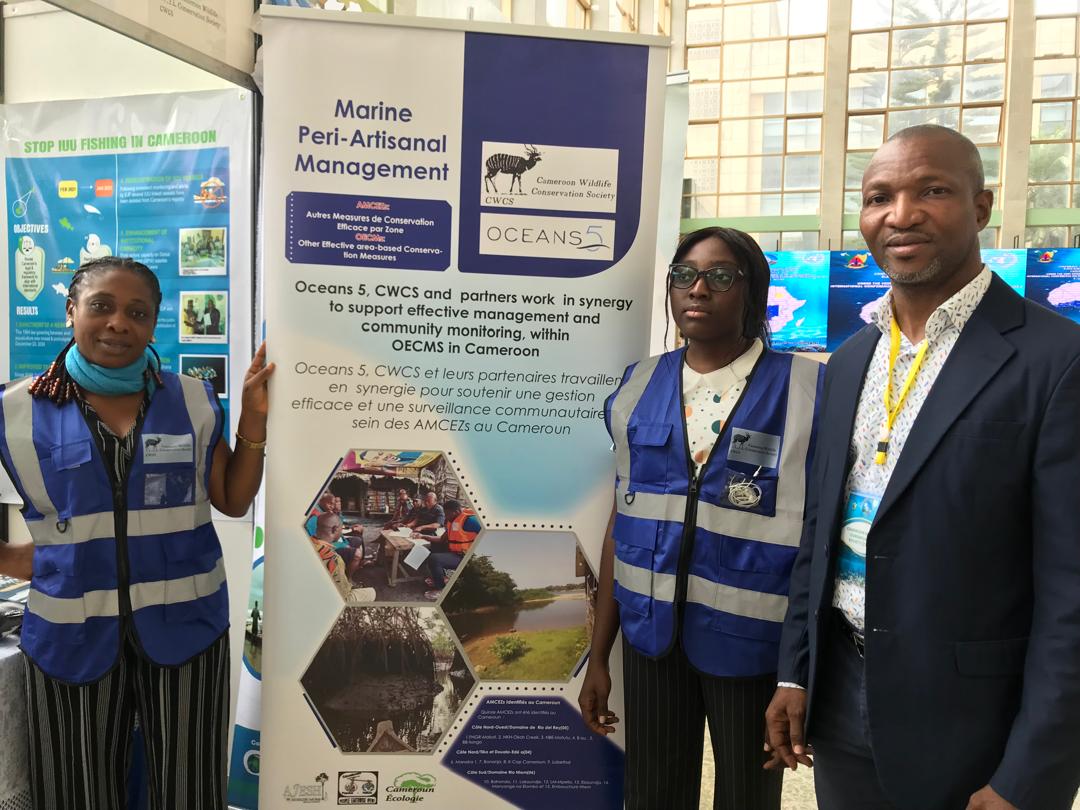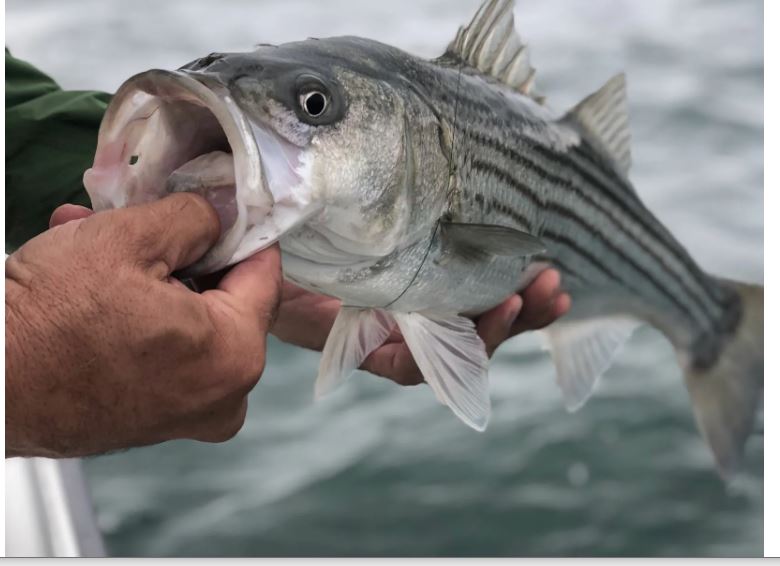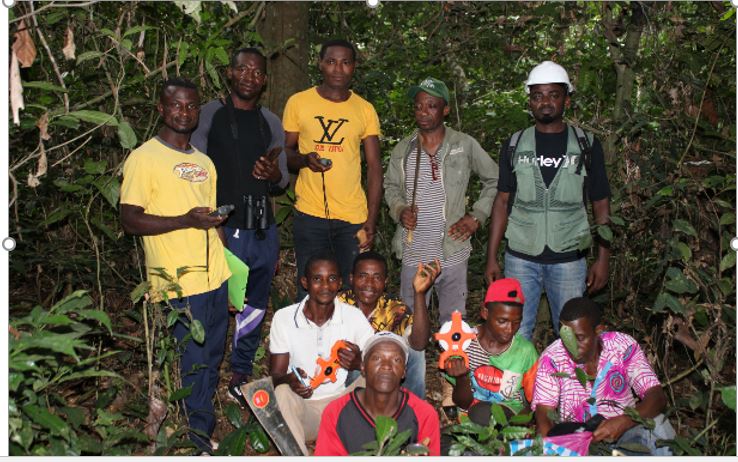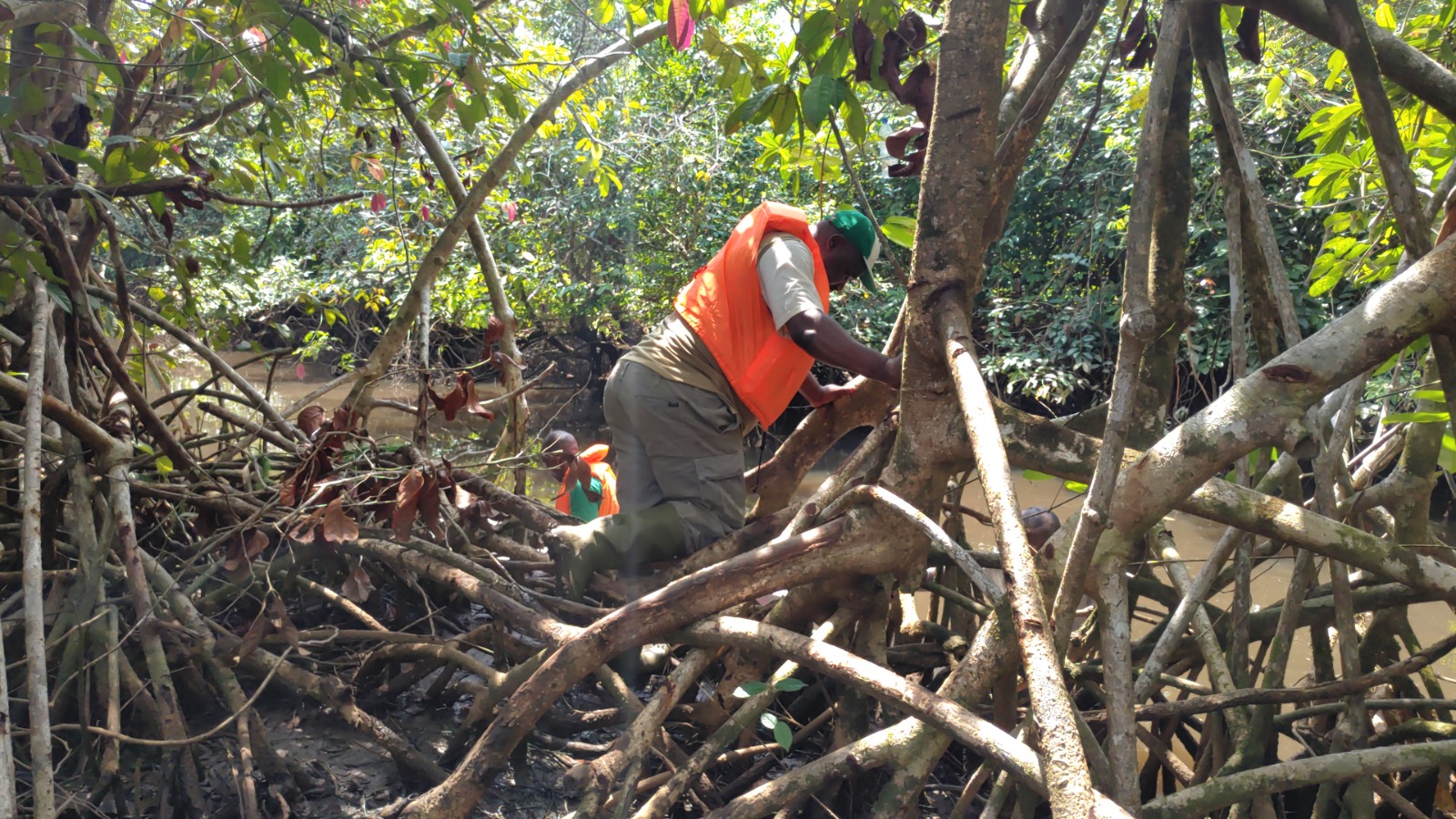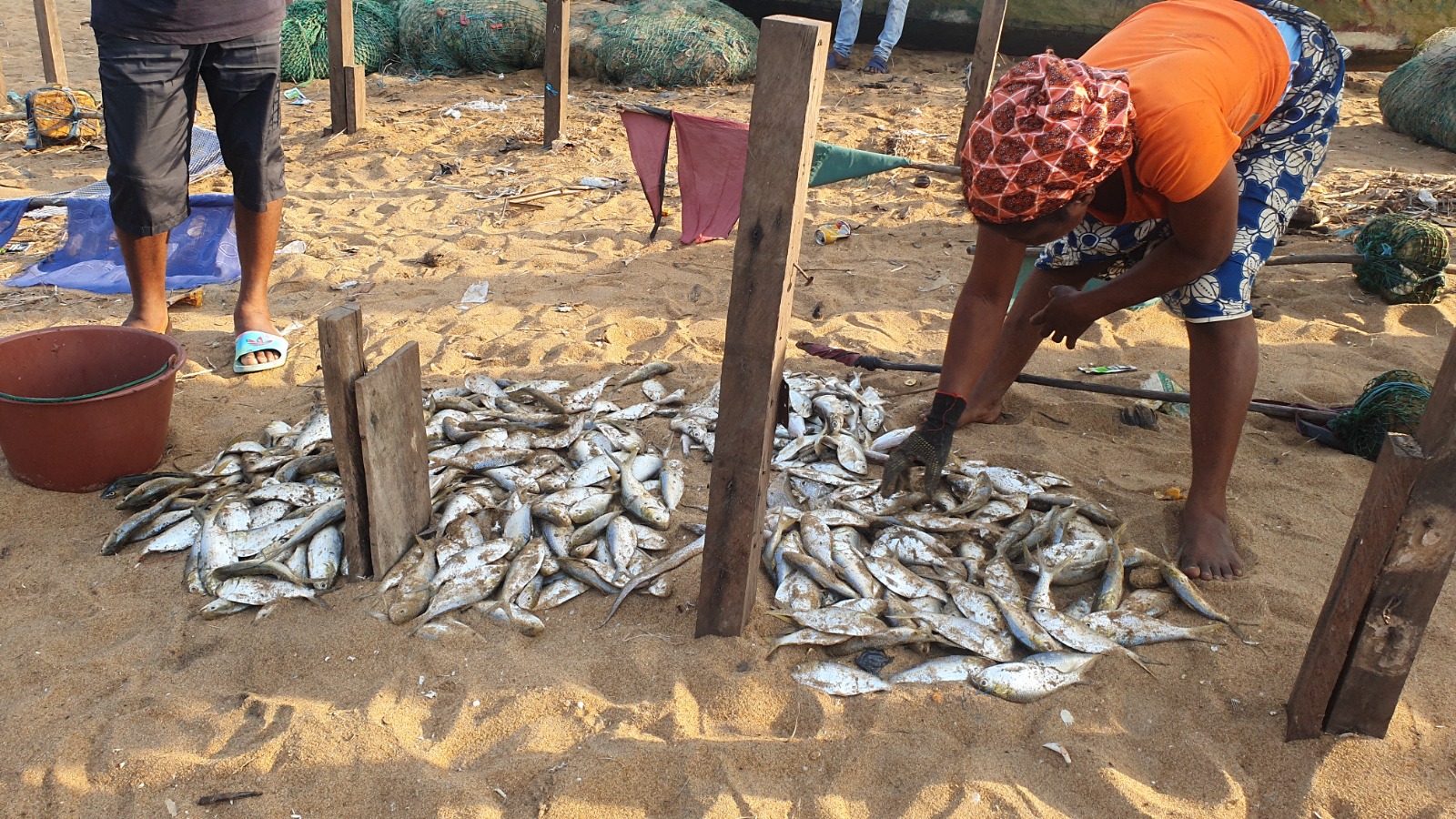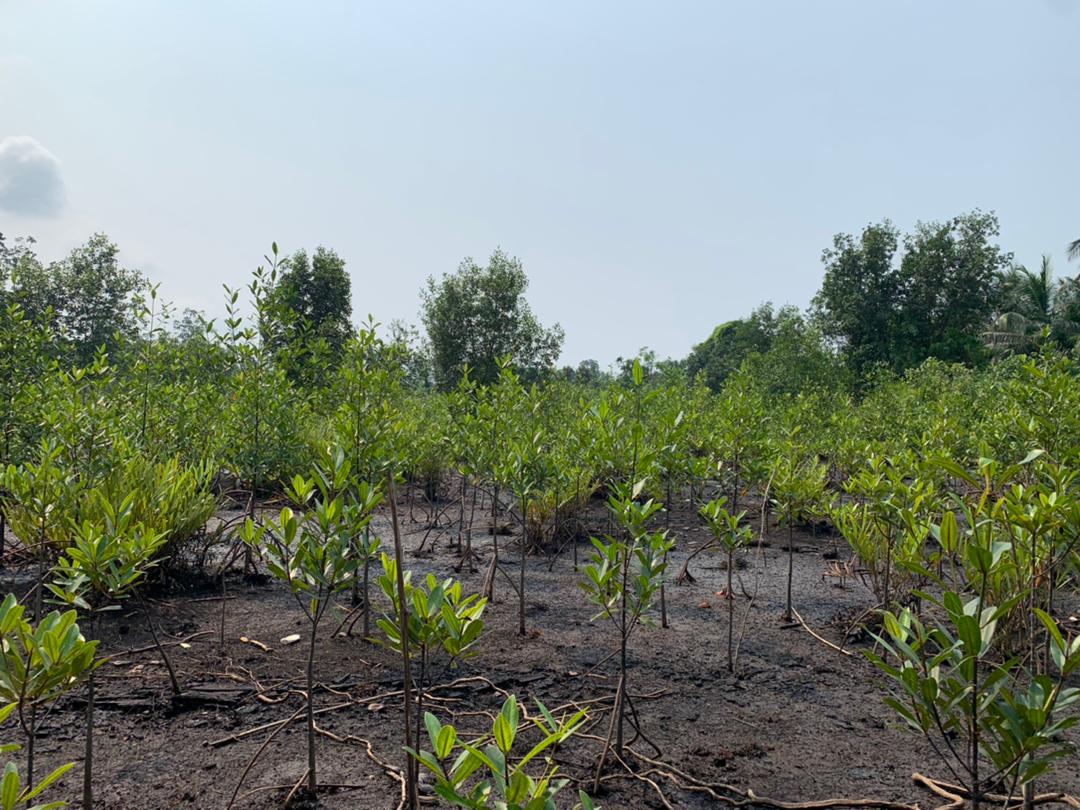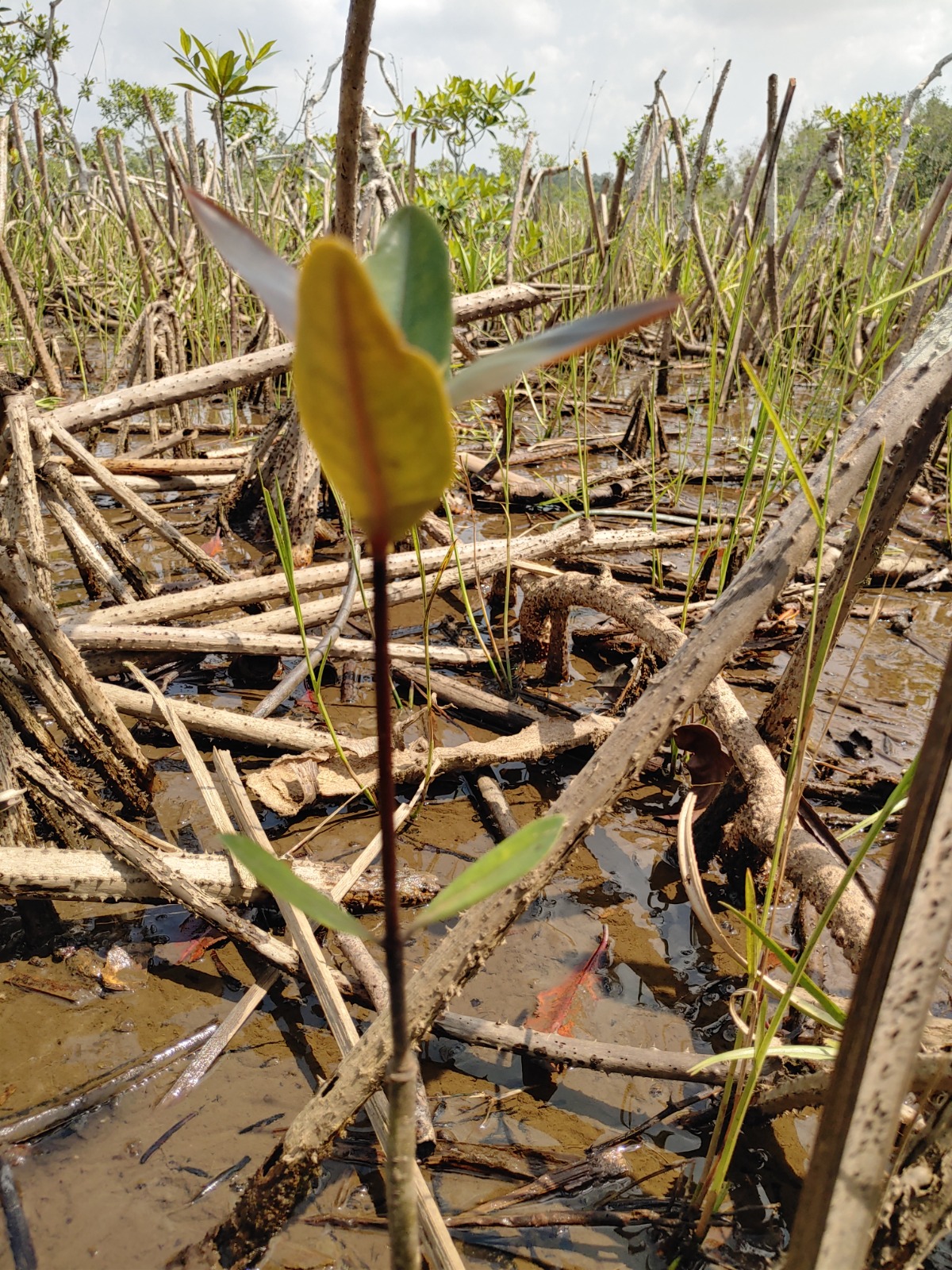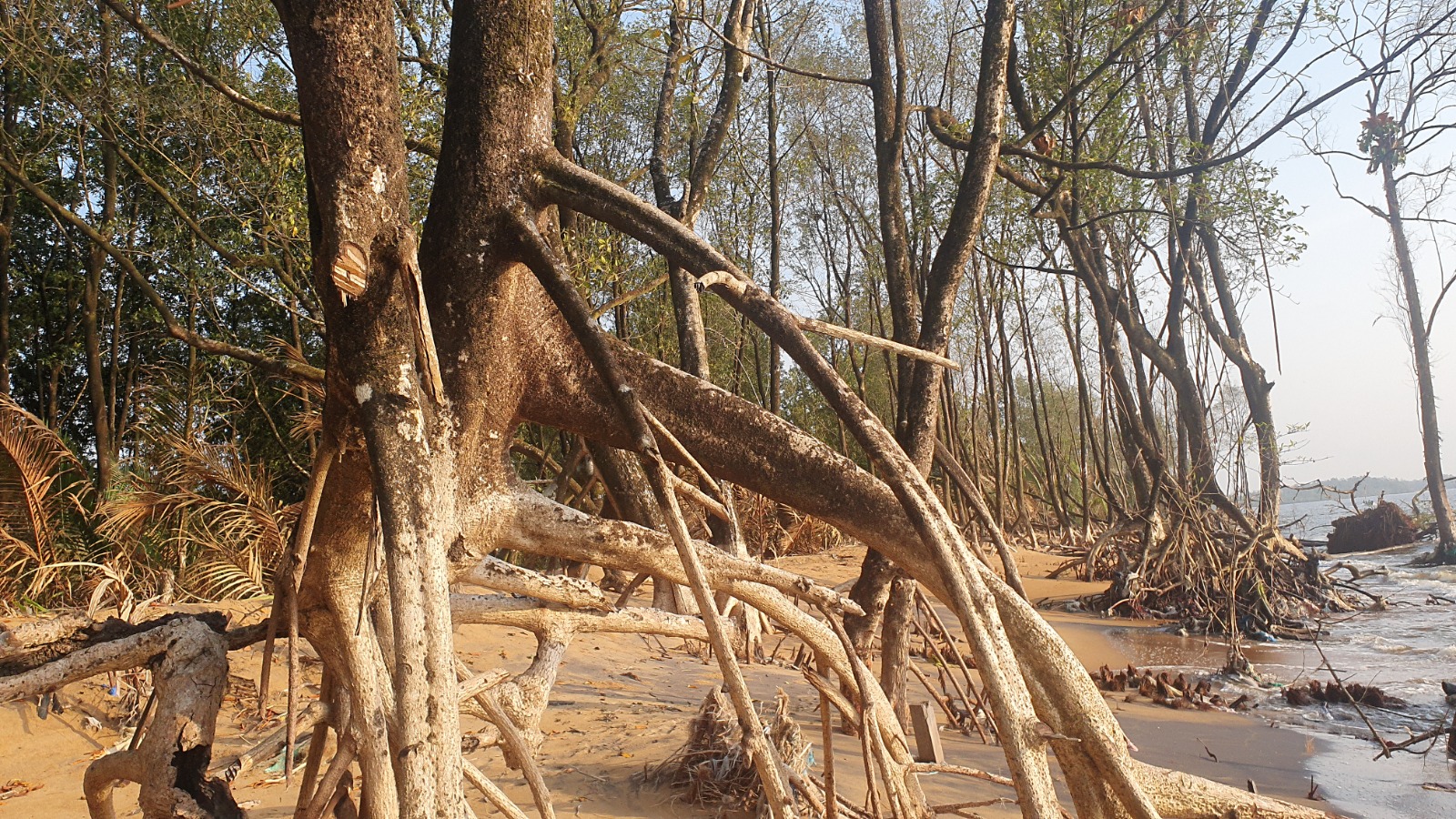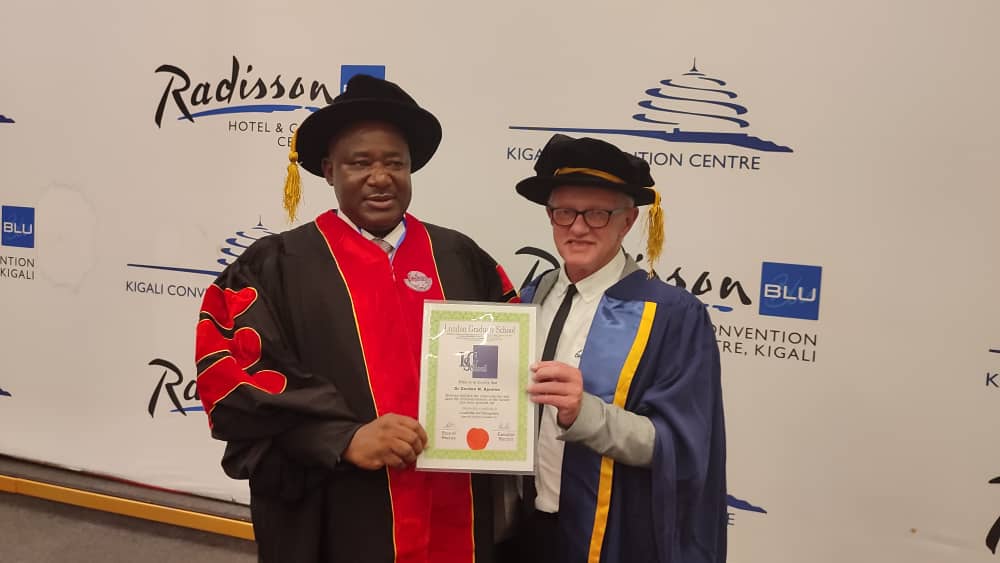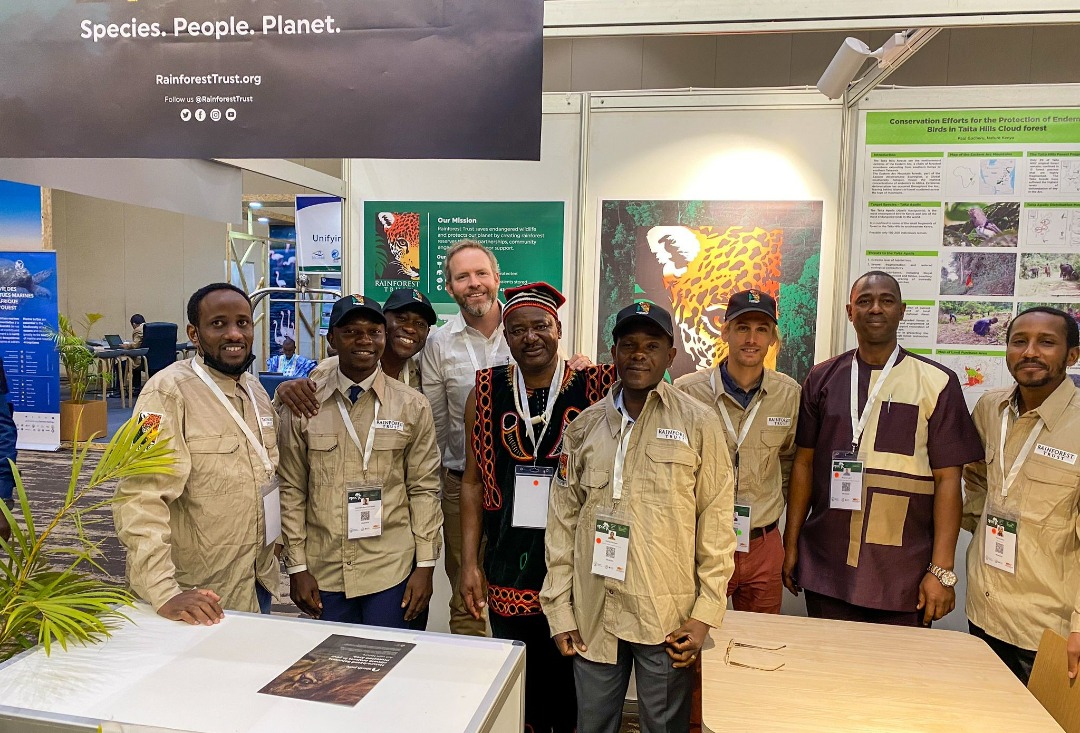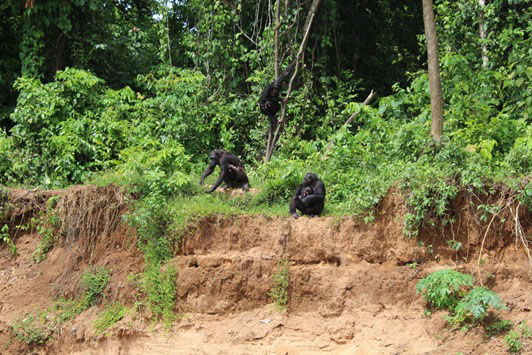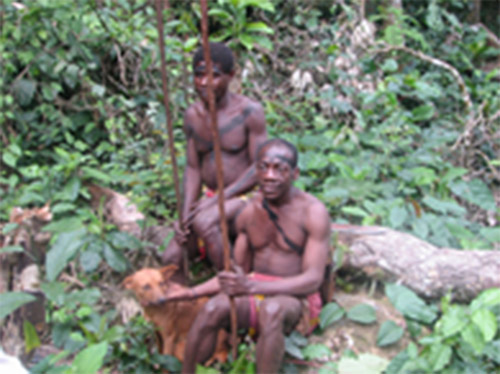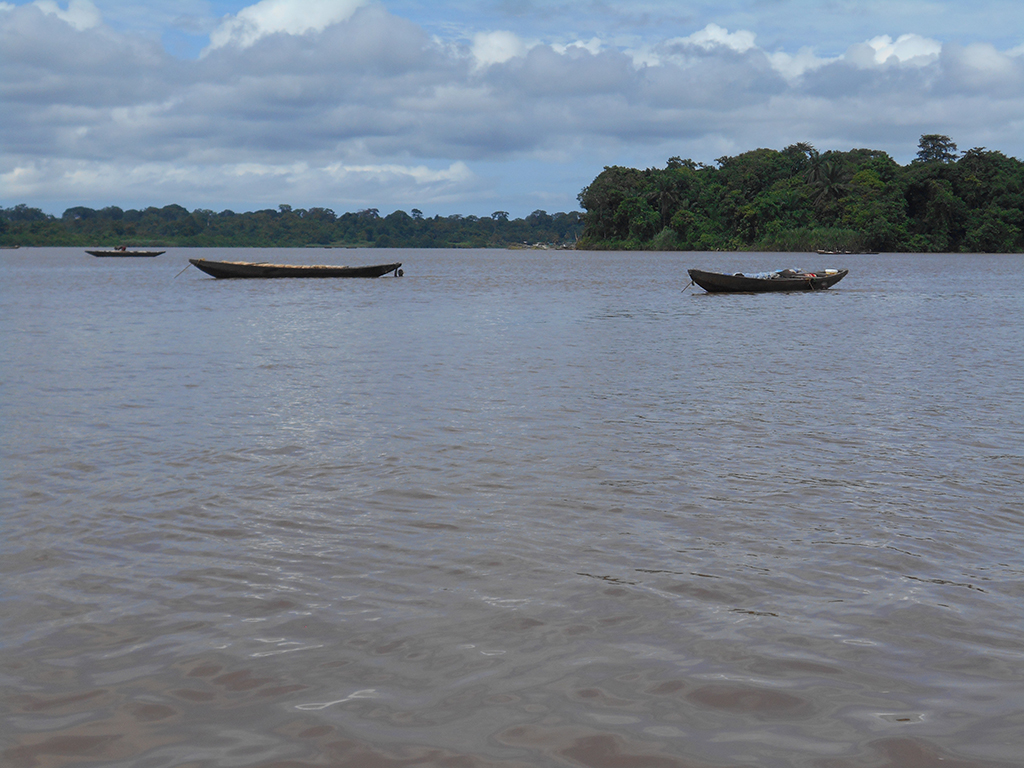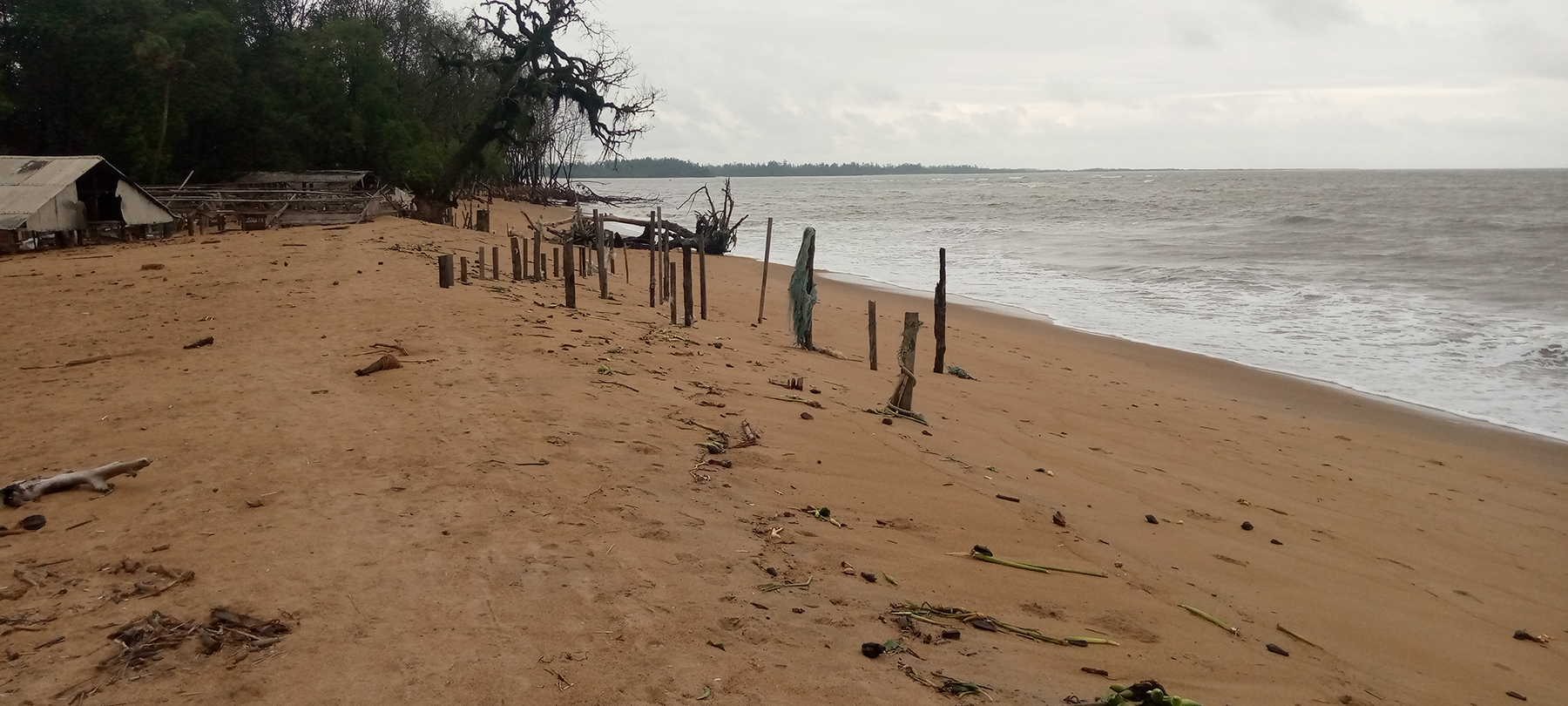A Cameroon Wildlife Conservation Society (CWCS) team has organised a series of consultations meetings and public dialogue with indigenous people, traditional rulers and local communities living around the Tchabal Mbabo Reserve as part of efforts to create a National Park.
Tchabal Mbabo is a montane reserve located in the Adamawa Region of Cameroon and covers a surface area of 106,762 ha. It represents a globally recognized key biodiversity area with several endemic and threatened species, unique vegetation types and huge ecotourism potential.
The CWCS team consulted directly over 400 people including two Lamidos, five chiefs and covered 24 villages. “We carried out consultations using Free Prior Informed Consent (FPIC) procedures, in Dodéo (Kontcha), Mbabo, Assawé, Horé Djem, Léggal goro, Mbontadje 1&2, Galim-Tignère, Sambolabo and Lougguel villages,” explained Dr. Leonard Usongo, CWCS Director. The meetings focused on the presentations of the gazettement process, wildlife protection, local participation, access rights and future area of land to be designated as national park. “Participants freely expressed their views on conservation and creation of future protected area. We discussed benefits of national parks, the future of subsistent activities of the villages, grazing lands and access rights,” Dr. Usongo said. The consultations marked a milestone effort by CWCS and partners to assuage the negative perception that especially youth of the area have of national parks. “The youths are apprehensive about substantive benefits of a protected area to the communities,” said Dr. Usongo.
During one of the public dialogues organized within the framework of the consultations, the Mbororos, grazer herdsmen active in the area, showed support for the creation of the future Tchabal Mbabo National Park. They however wanted further clarifications on transhumance activities, designation of grazing lands within multiple use zones and resolution of recurrent conflicts with agriculturalists. Besides its rich mammal population, Tchabal Mbabo harbours amphibians, reptiles and bird species, including the endangered Central Night Frog, known to be of medicinal importance and widely used by local herdsmen to cure some livestock diseases, the Nganha Night Frog, restricted to the Adamawa plateau and the rocket frog and clawed frog. But the Reserve is threatened by overgrazing, conversion of land for agriculture, burning of gallery forest to enrich soil fertility, amongst others.
